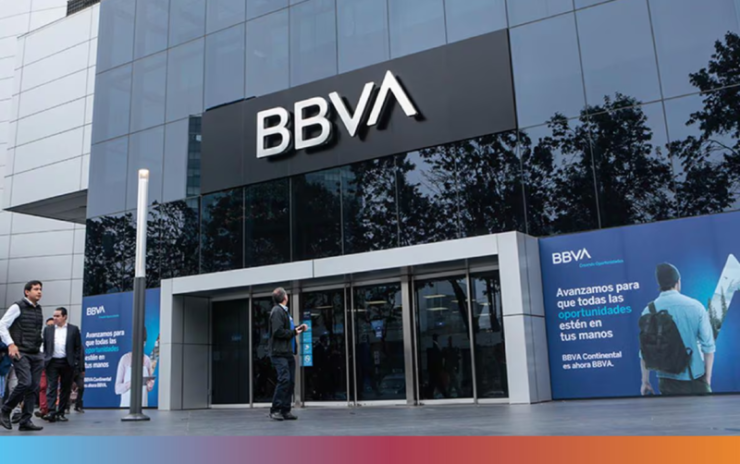Banco Bilbao Vizcaya Argentaria (BBVA), one of Spain’s largest financial institutions, has secured approval from the Spanish Securities and Exchange Commission (CNMV) to provide bitcoin and ether trading services.
This regulatory clearance aligns with the implementation of the European Union’s Markets in Crypto-Assets (MiCA) regulation, which standardizes crypto regulations across member states.
The approval marks the end of a multi-year process for BBVA to integrate digital assets into its financial services. The bank will now offer cryptocurrency custody and execution services, allowing customers in Spain to trade bitcoin (BTC) and ether (ETH) through its banking app. Initially, access will be granted to a select group of users before expanding to the broader retail customer base over the coming months.
A Strategic Expansion into Crypto Markets
BBVA’s crypto initiative builds on its previous experiences in Switzerland and Turkey. In June 2021, BBVA Switzerland launched Bitcoin custody and trading services for private banking clients.
Over time, the Swiss division expanded its offerings to include ether and the USDC stablecoin, catering to institutional investors. In January 2023, BBVA entered the Turkish market, providing crypto trading services through its local subsidiary, Garanti BBVA.
The Spanish bank’s latest move positions it alongside other major European financial institutions embracing digital assets. Germany’s Deutsche Bank has been developing an Ethereum rollup with ZKsync and offers crypto custody services in collaboration with Taurus.
France’s Société Générale, through its SG-FORGE unit, has launched a euro stablecoin on the XRP Ledger. BBVA’s entry into Spain’s crypto market signals growing institutional interest in digital assets under clearer regulatory guidelines.
Integrated Trading and Custody Services
Unlike third-party crypto exchanges, BBVA will manage its crypto asset custody through an in-house cryptographic key platform. This approach ensures greater security for its customers while maintaining direct control over safeguarding digital assets.
The service will be fully integrated into BBVA’s mobile banking app, allowing customers to buy, sell, and monitor their crypto holdings alongside their traditional banking activities.
Despite offering execution and custody services, BBVA will not provide financial advice on cryptocurrency investments. The bank has emphasized that crypto trading will be available solely at the customer’s initiative.
“We want to make it easier for our customers to invest in crypto assets with a simple, accessible offering available directly from their mobile phones, in a fully digital manner,” said Gonzalo Rodríguez, Head of Retail Banking in Spain.
Compliance with EU’s MiCA Regulation
The approval comes as the European Union implements MiCA, a regulatory framework designed to protect investors and establish a standardized approach to digital asset services across member states.
MiCA requires crypto service providers to adhere to stricter oversight and transparency rules, ensuring greater protection for retail investors engaging in digital asset markets.
BBVA’s adherence to MiCA regulations reflects its commitment to regulatory compliance and risk management. The bank has been exploring blockchain applications in financial services for over a decade and continues to expand its crypto-related offerings in jurisdictions with clear regulatory frameworks.





